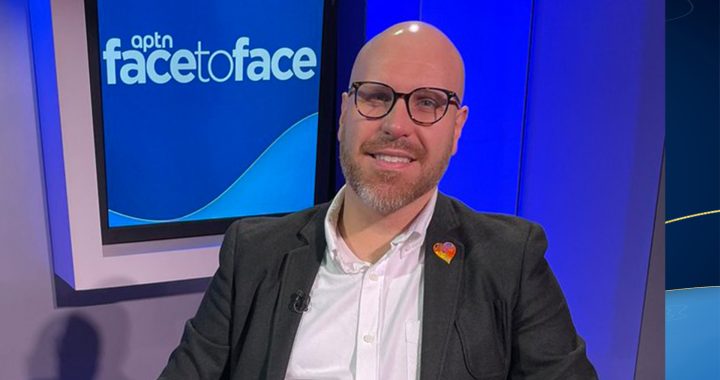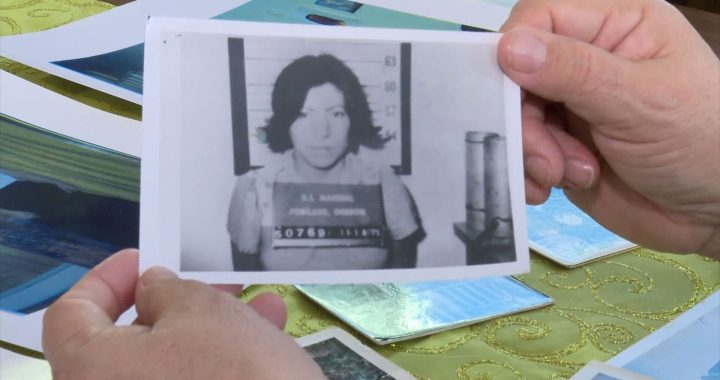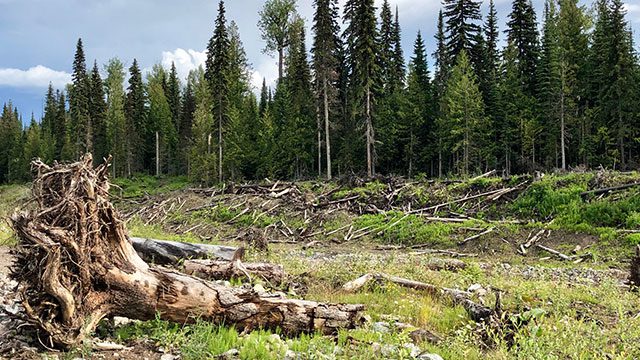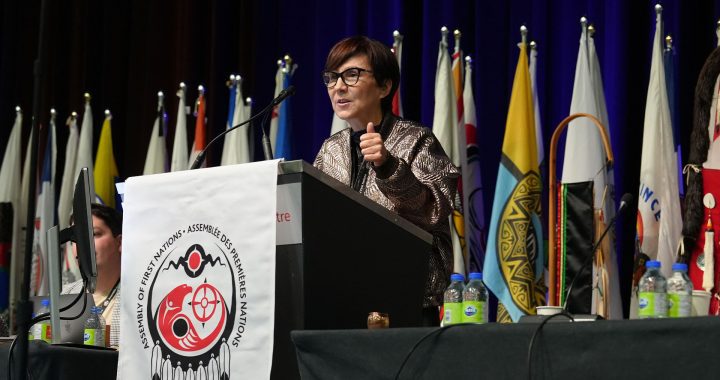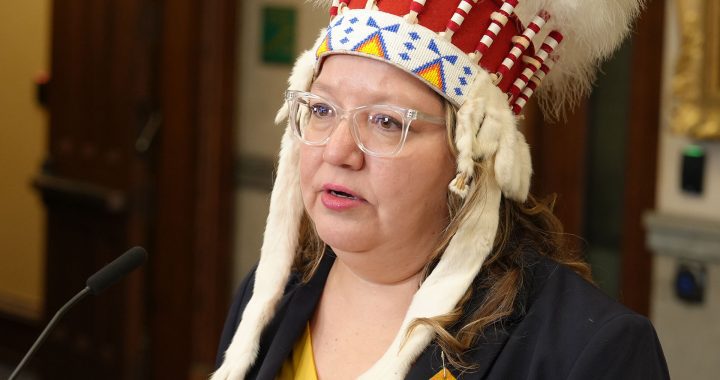Sol Mamakwa wants to changes people’s minds about Indigenous Peoples. It’s one of the reasons he ran for office in the 2018 provincial election in Ontario and it’s why he’s running again in 2022.
Mamakwa, a Kingfisher Lake band member, also wants to bring about change for the people of the riding he represents.
Kiiwetinoong is a massive electoral district that was created just prior to the 2018 provincial election. Sixty-eight per cent of people who live in the riding are Indigenous.
Nearly half of the 31 First Nations that Mamakwa represents also lack clean, drinking water.
“Neskantaga, as an example, they just want clean drinking water and to play the jurisdictional ping pong on the health and the lives of the people of Neskantaga and the youth,” says Mamakwa. “I can’t comprehend that on why both levels of government do just step up and fix these issues. Like today, I think I have 13 long term boil water advisories in Kiiwetinoong and that’s not acceptable.”
It’s challenges like that and the treatment of Indigenous Peoples that keeps Mamakwa sitting in his seat at Queen’s Park during the monthly singing of Oh Canada and God Save the Queen.
“For me to stand up at Oh Canada, I’m ashamed to be part of Ontario. I’m ashamed to be part of Canada because of the way they treat Indigenous people. So there’s no way I could stand up for that,” says Mamakwa.
“They don’t respect Indigenous people. They don’t respect the Treaties that they signed. Without the Treaties, what is Ontario? What is Canada?”
Being a voice for Indigenous Peoples in the halls of colonial power recently became personal for Mamakwa when Ontario Premier Doug Ford accused the NDP MPP of jumping the queue to get his COVID-19 vaccine.
Mamakwa says the more he thought about it, the more he realized the Premier’s comments show a lack of compassion and respect and was an example of racism in 2021.
“His stereotypes about me as a First Nations person, that’s what colonialism looks like in 2021. To try to put me into a place, like one of the comments that he made was that I don’t belong in that community and its really evident that’s he’s trying to control where I should be,” says Mamakwa.
“Control where, as a First Nations person, I should be, where I belong,”
Mamakwa says the premier’s comments also undermined the work First Nations leadership has been doing with the vaccine rollout.
Ford apologized to Mamakwa in a short phone call shortly after making the accusation inside the legislature.
According to Mamakwa, comments like the premier’s are an example of the racial stereotypes that exist at the highest levels of government in Ontario.
He says it is the same treatment an Indigenous person would receive if they’re trying to access health care or education or any other system in the province.
Due to the pandemic, Mamakwa has only recently started travelling again to the communities his represents. Many of them are fly-in only.
He says the pandemic has exposed the inequities that exist in education, policing, healthcare, and housing.
“There’s certainly a lot needless deaths,” says Mamakwa.







